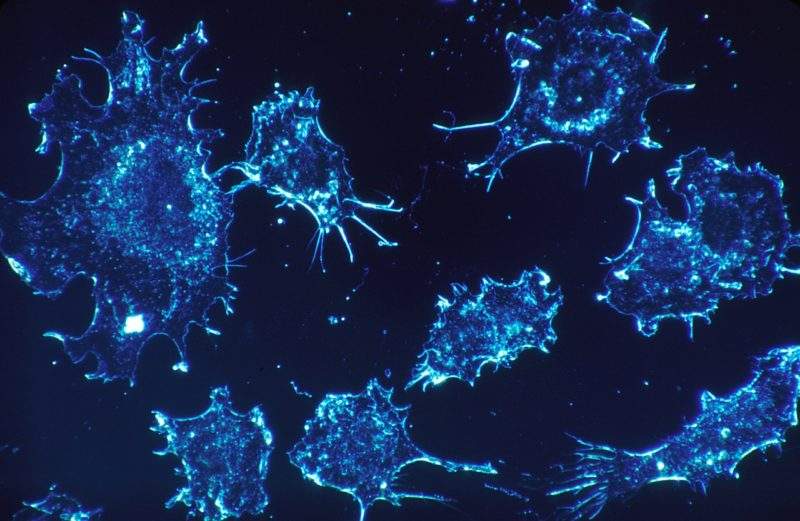Rising research and development (R&D) in cancer immunotherapy has resulted in the introduction of treatment options that are more effective and efficient.
A paradigm shift from traditional chemotherapies to immunotherapies is propelling market growth. According to GlobalData, the total immuno-oncology market will be worth almost $125bn by 2024. One of the highest selling immuno-oncology drugs in 2024 could be Merck’s Keytruda, a PD-1 inhibitor that looks to be first to market in many oncology indications, with forecast sales f approximately $7bn.
The latest deal comes with Merck & Co partnering with a San Francisco-based clinical-stage drug discovery company, Sutro Biopharma, on 24 July. Sutro designs cytokine-based immuno-oncology therapies and antibody-drug conjugates, directed at clinically validated targets for which there is a current unmet medical need.
This licensing agreement consists of discovering and developing novel immune-modulating therapies for cancer and autoimmune disorders. The R&D activities will develop Sutro’s proprietary cell-free protein synthesis and site-specific conjugation platforms, which facilitate precision design and rapid empirical optimisation of protein conjugates, to discover and develop best-in-class immune-modulating cytokine derivatives for both oncology and autoimmune indications. Based on the intricacies of this deal, Sutro could generate up to $1.6bn plus royalties, where Merck will gain exclusive worldwide rights to therapeutic candidates derived from the collaboration.
As well as gaining exclusive worldwide rights, another attraction for Merck partnering with Sutro Biopharma is the application of Sutro’s novel and proprietary cell-free protein synthesis and site-specific conjugation technology platforms, XpressCF and XpressCF+. The platforms are designed to facilitate precision design and rapid empirical optimisation of protein conjugates.
XpressCF+ allows drug developers to incorporate an unnatural amino acid that results in a protein that can be conjugated to a chemical of interest in a site-specific manner, enabling the development of antibody-drug conjugate and multi-specific antibody-based therapeutics. This technology allows a rapid analysis of structure-function relationship that is not practical with traditional cell-based methods for protein expression.

US Tariffs are shifting - will you react or anticipate?
Don’t let policy changes catch you off guard. Stay proactive with real-time data and expert analysis.
By GlobalDataUnder the agreement, Sutro will be primarily responsible for preclinical research and Merck will gain exclusive worldwide rights to therapeutic candidates derived from the collaboration. Sutro will receive an upfront payment of $60m and is eligible for milestone payments totaling up to $1.6bn associated with the development and sale of all therapeutic candidates and all possible indications identified under the collaboration, as well as tiered royalties on the sale of products.
Recent trends show Merck completing major strategic collaborations within this field. Earlier in the year, Merck collaborated with Japanese biopharmaceutical company Eisai, for the global co-development and co-commercialisation of oncology drug Lenvima (lenvatinib mesylate) worth up to $5.76bn. Eisai and Merck aim with this collaboration to maximise the potential of Lenvima as a monotherapy as well as pursuing further approvals as a combination drug with Keytruda, for supporting up to 11 indications across six cancer types (endometrial cancer, non-small cell lung cancer, hepatocellular carcinoma, head and neck cancer, bladder cancer, and melanoma). In 2017, Merck & Co. generated $3.809bn from Keytruda (pembrolizumab).
Market analysis signifies an increased effort towards the development of immuno-oncology therapies each year. A significant milestone was reached in 2017, where five new immuno-oncology drugs were globally approved, all receiving ‘Breakthrough Therapy’ designations. This has resulted in an increased opportunity for Big Pharma to collaborate with biotech companies, and 2018 shows a continued rate of licensing agreements within this space for the pharmaceutical industry, endeavoring to deliver more precision medicines to market.




